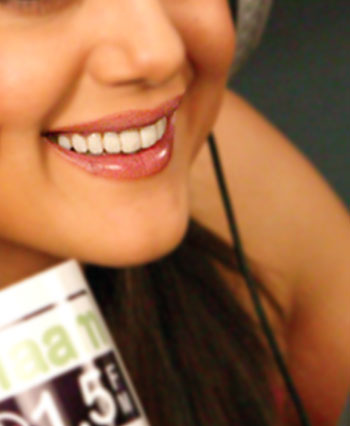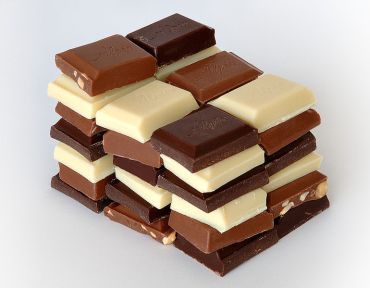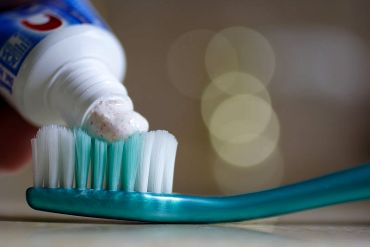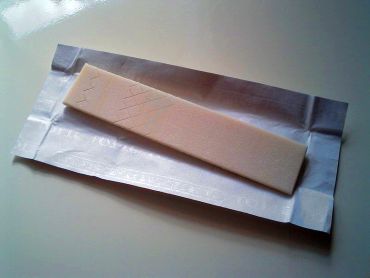
Dentist Dr Shantanu Jaradi gives you the lowdown on 10 common oral hygiene myths.
Does brushing them hard ensure your teeth will stay healthy? Does removal of tartar lead to loosening of teeth? Instead of going by popular opinion, it's time to re-examine your beliefs about dental care and start caring for your pearly-whites in the right manner.
Here, we explore the ten most common oral hygiene myths and put forward the facts behind each:
1. White teeth denote good dental health
If your teeth are white, that does not mean you don't have any dental problems. Cavities that are hidden deep inside cannot be noticed. There is a possibility that these cavities will become larger and lead to a more serious problem. So make sure your white teeth might also contain black cavities.
Dr Shantanu Jaradi is an aesthetic dentist and director of Dentzz Dental Care Centres in Mumbai.

Chocolates are loved by both children and adults and it's not necessary to give them up. The best way to avoid oral health problems is simply by rinsing and flossing your mouth frequently and brushing well twice a day. Instead of giving up sweets and chocolates, give up the laziness to brush.
3. Dental health is hereditary
Dental health is not hereditary, although one's dental structure can be hereditary, namely the jaw line, tooth structure etc. Dental health completely depends on an individual's capacity to take proper care of his/her oral health. Hence it is very important to take care of your teeth -- don't blame your ancestors for their poo condition!
4. Removing tartar leads to loosening of teeth
Teeth are held in place by their roots and the gums. Tartar is not responsible for their strength. In fact, it is a sign of ill health and needs to be cleaned off regularly. Tartar has a bad odour and also leads to the yellowing of the teeth. You have to get rid of it or your teeth will lose their shine and your smile will look pale.

One cannot brush teeth in a haphazard manner as there won't be any point in doing so. There is a sort of science behind the way you brush. It's always suggested that you brush twice a day and in five steps:
6. The more pressure you apply while brushing, the better
One must know that applying pressure or rigorously brushing teeth does not mean that they will stay healthy. Extreme pressure, in fact, can wear away the enamel and loosen your gums' grip on your teeth -- there is even a possibility of them falling out! So make sure you brush gently.
7. You should try to stretch the duration of your brushing
It is not at all true that your teeth will remain healthy if you brush for a long time. It totally depends on the way you brush them.You should make sure that you brush all parts of your teeth for about three minutes. Brushing for longer can also lead to loss of enamel, due to which they appear dull.

The size and bristles of a toothbrush depend from person to person. A dentist will always suggest what kind you need for your teeth. The type of bristles also changes as per your age. And toothpaste should be used in the right quantity; it should neither be less nor in excess, but optimum. This will help in maintaining your teeth.
9. Chewing gum can substitute for brushing
Chewing gum does not take care of your teeth. It's not connected to your dental health at all. It is just a trend and at the most, can help eliminate bad breath.
10. Bleaching your teeth is extremely harmful
Bleaching teeth is a scientific, state-of-the-art method developed to enhance your smile. It gives you a sparkling set of pearly whites. It does not harm your oral health at all.